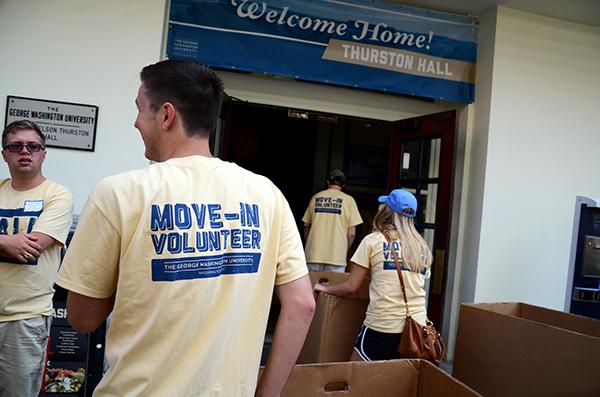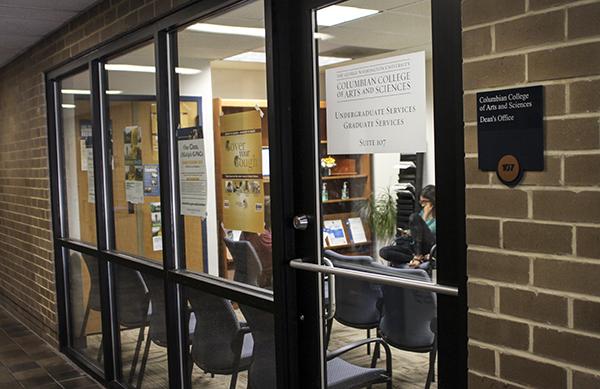If you’re starting your freshman year, your Facebook feeds are probably covered by advice columns from Buzzfeed and well wishes from distant relatives. Between the “25 Dorm Room Musts” and “How to make the most of your freshman year” articles, well-intentioned neighbors and family members might have told you to talk to professors and change sheets every week.
As an anxious new student, you’ve probably read and tried to absorb everything you’ve heard. For me, some pieces were certainly helpful, but others, not so much, and I didn’t know which to remember and which to ignore. But after making it out of the first year at GW, here is some real advice, from one GW student to another.
It’s OK to not get along with your roommate, but it’s not OK to be rude about it.
You were probably randomly paired with a roommate, or you met online or maybe even came to college with a high school friend. Regardless, living in close quarters will force you to experience your roommate’s every quirk and habit. You may have completely different schedules, priorities and just not get along. Or, you may have to figure out how to live with as many as five roommates.
Even if you don’t hit it off, your life will be much more pleasant if you greet your roommate when you see them and keep things civil. Keep the gossiping about them to a minimum, especially with other floormates or mutual friends — save that for phone calls home (but double check that your roommate isn’t in the room if you do). Have an open mind and embrace differences, because you and your roommate could also become great friends during the year. When problems do come up, it’s better to talk them out right away instead of letting them constantly ruin your mood.
You’re not the only one eating lunch alone.
When you’re starting fresh, making friends and getting in a routine can take a while. Now mealtimes are flexible, and students are scattered throughout campus. If you wind up in J Street without a familiar face, that’s normal, and you are not the only one. Don’t be too timid to set up plans to eat with an acquaintance the next day, but also embrace alone time — it’s hard to come by in college.
The kid who somehow has an internship and is taking 18 credits first semester also isn’t sleeping.
You’ll meet all kinds of people in college, even overachievers who seem to balance a full course load, trek to the Hill for an internship and maintain a busy social calendar. Don’t compare your experience to others’. Push yourself to take advantage of opportunities that sound fun and fulfilling to you. Also, save time for sleep. And shower, at least every other day.
Quit things.
Join things. Join lots of things. Volunteer, get a job, attend meetings for a few student organizations that sound compelling. But once you feel pulled to one specific activity, it’s normal to let go of the others. Spreading yourself too thin will leave you stressed and without real ties anywhere. You will make more friends and set yourself up for more opportunities in the future if you dedicate yourself to just one or two organizations about which you’re really passionate.
Sometimes you need help, so ask for it.
Whether you’re feeling stressed, homesick or dealing with a problem that makes it hard to focus on school, don’t be afraid to ask for help. All year long you will get emails and brochures about Mental Health Services and Career Services. Resident advisers will encourage you to come to them with problems and questions – some may even set up a time to check in over the course of the semester. Even if you think it’s uncool or your problem feels insignificant, there will always be someone who wants to help.
Collect a list of resources and their contact information like MHS, the SARC Team — which is a group of trained staff that provide resources to sexual assault survivors — and your RA, so you know who to talk to when you run into a problem. Also, many professors will want to help talk with you as well, or point you in the right direction. Building a rapport early on will help you feel more comfortable asking for help if you need it.








